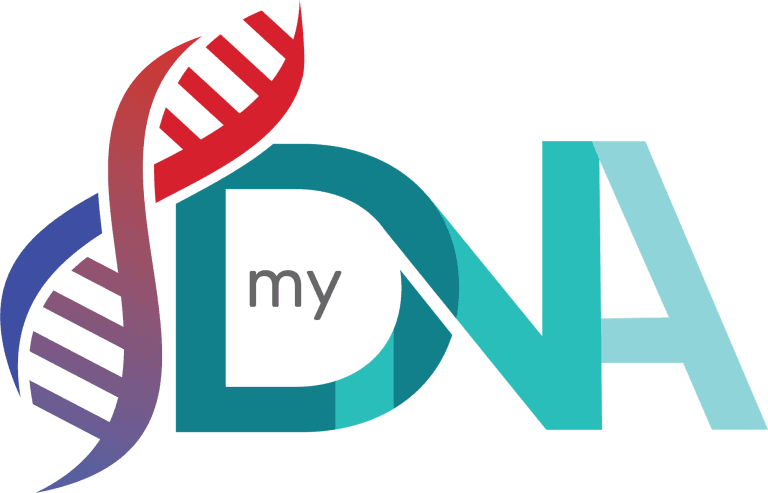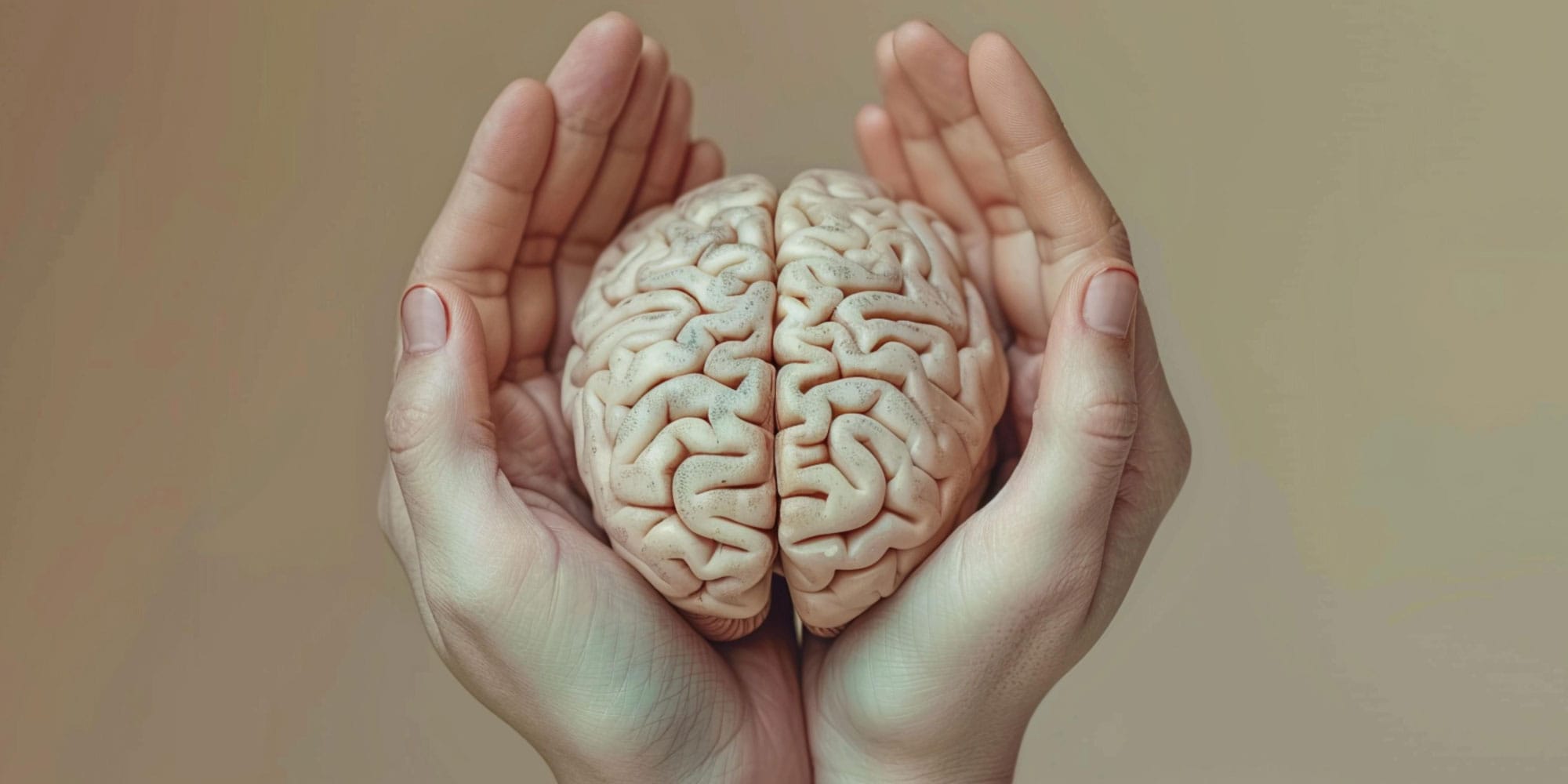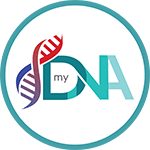Exercise regularly
Regular physical activity is a cornerstone of a healthy lifestyle. Engaging in exercise not only helps maintain a healthy weight but also plays a significant role in reducing the risk of chronic diseases such as heart disease, diabetes, and certain cancers. The World Health Organization recommends at least 150 minutes of moderate-intensity aerobic activity or 75 minutes of vigorous-intensity activity each week for adults.
This can include activities such as brisk walking, cycling, swimming, or even dancing. Incorporating strength training exercises at least twice a week is also essential for building muscle mass and improving bone density. Beyond physical health benefits, exercise has profound effects on mental well-being.
When you engage in physical activity, your body releases endorphins, often referred to as “feel-good” hormones, that can elevate mood and reduce feelings of anxiety and depression. For example, a study published in the Journal of Clinical Psychiatry found that regular aerobic exercise can be as effective as medication for some individuals suffering from depression. Additionally, group activities like team sports or fitness classes can foster social connections, further enhancing the mental health benefits associated with regular exercise.
Get enough sleep
Sleep is often overlooked in discussions about health, yet it is one of the most critical components of overall well-being. The National Sleep Foundation recommends that adults aim for seven to nine hours of quality sleep each night. Sleep is essential for various bodily functions, including cognitive performance, emotional regulation, and physical health.
During sleep, the body undergoes processes that repair tissues, synthesise proteins, and release hormones that regulate growth and appetite. Insufficient sleep has been linked to a host of health issues, including obesity, diabetes, cardiovascular disease, and impaired immune function. Establishing a consistent sleep routine can significantly improve sleep quality.
This includes going to bed and waking up at the same time every day, creating a relaxing bedtime ritual, and ensuring that your sleep environment is conducive to rest, dark, quiet, and cool. Limiting exposure to screens before bedtime is also crucial; the blue light emitted by phones and computers can interfere with the production of melatonin, the hormone responsible for regulating sleep-wake cycles. By prioritising sleep as an integral part of your health regimen, you can enhance both physical and mental performance during waking hours.
Stay mentally active
Mental stimulation is vital for maintaining cognitive function as we age. Engaging in activities that challenge the brain can help improve memory, problem-solving skills, and overall mental agility. Activities such as reading books, solving puzzles like crosswords or Sudoku, learning a new language, or playing musical instruments can keep the mind sharp.
Research has shown that lifelong learning and mental engagement can reduce the risk of cognitive decline and conditions such as Alzheimer’s disease. Moreover, social interactions play a significant role in keeping the mind active. Participating in discussions or group activities encourages critical thinking and exposes individuals to diverse perspectives.
For instance, joining a book club not only promotes reading but also fosters conversations that stimulate cognitive engagement. Additionally, technology offers various platforms for mental exercises; apps designed for brain training can provide fun challenges that enhance memory and cognitive skills. By actively seeking out opportunities for mental engagement, individuals can contribute to their cognitive longevity.
Manage stress
Stress management is crucial for maintaining both physical and mental health. Chronic stress can lead to a myriad of health problems, including hypertension, heart disease, obesity, diabetes, anxiety disorders, and depression. Understanding the sources of stress in your life is the first step toward effective management.
Common stressors include work-related pressures, financial concerns, relationship issues, or major life changes. Identifying these triggers allows individuals to develop coping strategies tailored to their specific situations. Techniques such as mindfulness meditation, yoga, deep breathing exercises, and progressive muscle relaxation can be effective in reducing stress levels.
Mindfulness meditation encourages individuals to focus on the present moment without judgment, which can help alleviate anxiety about past or future events. Regular practice has been shown to lower cortisol levels, the hormone associated with stress, and improve overall emotional well-being. Additionally, engaging in hobbies or leisure activities can serve as an excellent outlet for stress relief; whether it’s gardening, painting, or playing sports, finding joy in these activities can significantly enhance one’s quality of life.
Stay socially connected
Social connections are fundamental to emotional health and well-being. Humans are inherently social beings; maintaining relationships with family members, friends, and community members provides support during challenging times and enhances feelings of belonging. Studies have shown that strong social ties are associated with lower rates of anxiety and depression and can even lead to longer life expectancy.
For instance, research published in the journal PLOS Medicine found that individuals with strong social relationships had a 50% increased likelihood of survival compared to those with weaker ties. To foster social connections, it’s important to engage in community activities or groups that align with your interests. Volunteering for local organisations not only helps others but also provides opportunities to meet new people who share similar values.
Additionally, maintaining regular communication with loved ones through phone calls or video chats can strengthen bonds despite physical distance. Social media platforms can also play a role in staying connected; however, it’s essential to balance online interactions with face-to-face engagements to cultivate deeper relationships.




